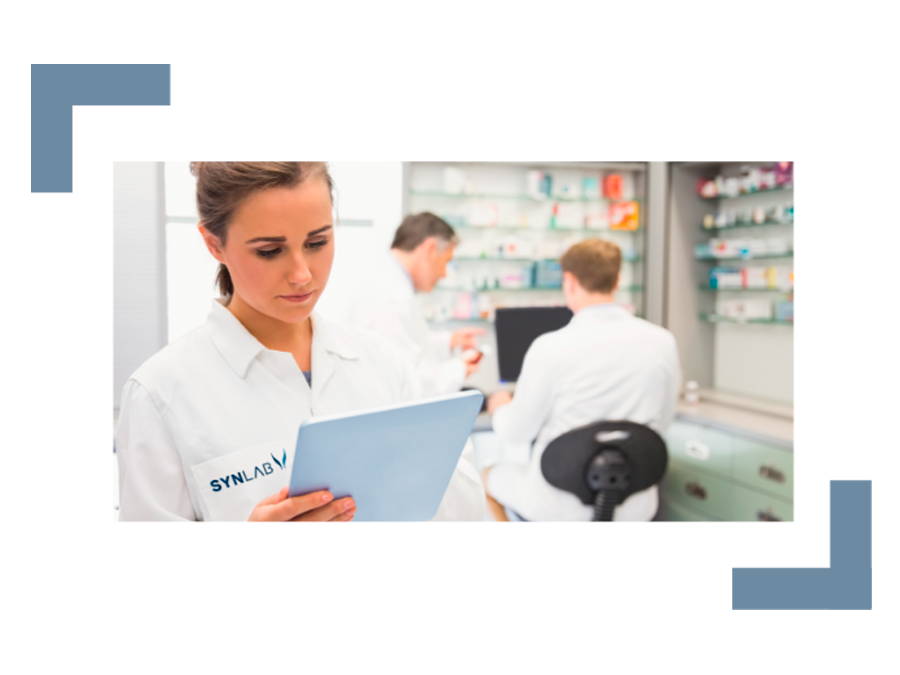The Genetics Department encompasses the Cytogenetics and Array areas and is made up of a veteran team of more than 40 professionals, doctors and technicians who have accredited clinical training acquired in leading universities and public hospitals in Madrid and Catalonia, with which we work closely. It comprises a professional and human team with an extensive and solid background of more than 25 years in the sector, with a wealth of experience in classical and molecular cytogenetics, having completed more than 300,000 karyotypes, 50,000 FISH and nearly 10,000 arrays.
What we do?
The department focuses its healthcare efforts on different areas of molecular biology, human genetics, pre- and post-natal diagnosis, reproduction and fertility, and oncological and onco-haematological diagnostics.
Specifically, the laboratory is organised into three main production areas associated with the procedures used:
Productive Areas
- 1
Karyotyping
For prenatal samples, foetal remains, peripheral blood, and bone marrow
- 2
FISH
For samples, mainly onco-haematological and tumoural
- 3
ARRAYS
For prenatal samples, foetal remains and peripheral blood
Conventional and molecular cytogenetic studies play an essential role in the diagnostic evaluation of patients with an intellectual disability (mainly mental retardation and autism), multiple congenital anomalies, infertility and/or recurrent miscarriage.
Likewise, the study of chromosomal anomalies during the prenatal period makes it possible for us to determine the risks of congenital anomalies in the foetus — including structural or functional disorders — and, therefore, is of vital importance for providing sound genetic counselling and subsequent decision-making.
In the oncological/onco-haematological context, cytogenetic testing can contribute to the diagnosis, prognosis and, in certain cases, the choice of treatment for malignant neoplasms. The department offers specialists a wide range of probes and molecular studies to cover the different diagnostic and/or therapeutic options according to the clinical suspicion and/or stage of the disease.
What sets us apart?
The department’s staff actively participates in different areas of scientific dissemination through publications (with more than 80 posters and more than 40 articles), attendance at conferences, training and/or teaching in order to offer a quality service at the forefront of the latest developments and technologies available.
This global diagnostic, technical and human capacity, together with our Genetic Counselling Unit, staffed with accredited medical professionals, enables us to offer doctors and patients an integrated service ranging from pre- and post-test counselling to all the possibilities that can arise in the course of a patient’s diagnosis.
In this sense, the Genetics Department and the Genetic Counselling Unit provide communication channels directly or via the Support Department (in the case of less urgent consultations) in order to guide and support the specialist and ensure an accurate diagnosis.


